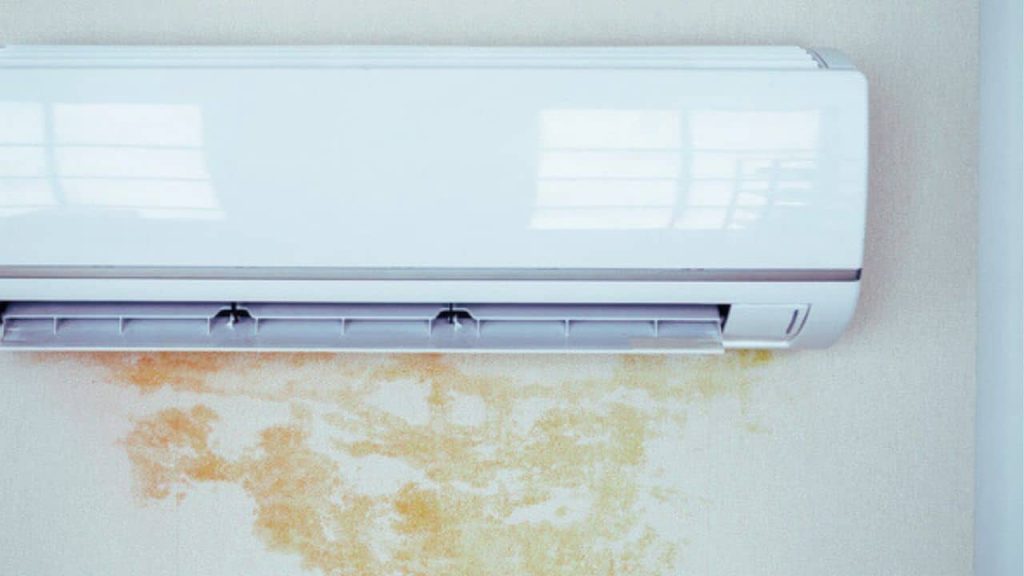Heating is a central issue in any home, directly influencing comfort, energy consumption, and the ecological footprint of a household. In the face of regular increases in energy prices and the need to reduce greenhouse gas emissions, choosing the right heating system should not be left to chance. Depending on the location, the home’s insulation, and the available budget, some options are more relevant than others. Choosing the best energy source to heat a house is therefore an essential question.
Historically, fossil fuels such as oil and gas have dominated the market. However, environmental constraints and fluctuating prices have driven many households to explore more sustainable alternatives. Electricity remains widespread, but its cost and efficiency vary depending on the system used. Renewable solutions such as wood, heat pumps, and solar thermal systems have seen notable growth. Indeed, they offer both economic and ecological benefits. Other approaches, such as dual-energy heating, seek to combine the strengths of several systems. The advantage of this type of system is to maximize efficiency while reducing expenses.
But with this multitude of options, how can you choose the best energy source to heat a house? Each technology has its advantages and disadvantages, and some are better suited for specific types of homes. It is therefore essential to analyze their characteristics in detail to determine which one best fits each household’s needs and constraints.
Electricity: an accessible solution, but costly to use
Electricity is a widely used heating method, mainly because it is easy to install and requires little maintenance. In modern homes, electric heaters are often favored for their practicality, responsiveness, and low installation cost. However, energy efficiency is a major issue. Some electric heating systems are completely inefficient. Solutions such as dual-energy systems or heat pumps are much more effective.
The main drawback lies in the cost of electricity, which is often higher than that of other energy sources. Traditional electric heaters, such as baseboard or convection units, consume a lot and do not distribute heat evenly. In contrast, a heat pump is much more efficient. It improves thermal comfort while consuming less energy.
A more efficient alternative is to combine electricity with a heat pump, which uses the calories present in the air or ground to heat a home with lower consumption. However, this type of system requires a higher initial investment. Still, it remains today the best energy source to heat a house.
Natural gas: a balance between cost and performance
Gas heating is a popular option in many areas served by a distribution network. This heating method offers even and pleasant warmth while maintaining relatively affordable operating costs.
One of the major advantages of gas lies in its high efficiency. Condensing boilers recover part of the heat to maximize energy performance, thereby reducing overall consumption. Moreover, gas is often more economical than electricity, making it a smart choice for households seeking a good balance between comfort and operating costs.
However, gas has certain limitations. Its price can fluctuate depending on the energy market, making long-term budget forecasting difficult. In addition, it remains a fossil fuel whose use contributes to greenhouse gas emissions. In Québec today, the government is progressively encouraging the reduction of natural gas use in favor of more sustainable solutions.
Heating oil: a declining energy source despite its heating power
Once widely used in areas without natural gas access, heating oil provides strong heating capacity. It is particularly appreciated in colder regions where winters are harsh, as it can quickly and efficiently heat large spaces.
However, this heating method presents several drawbacks. The first is its environmental impact. Heating oil is one of the most polluting energy sources, with significant CO₂ emissions. This has led to its ban in new construction projects and to incentives encouraging households to switch to more ecological systems.
The second drawback is linked to storage management. Unlike gas or electricity, heating oil requires a tank that must be properly maintained to avoid leaks or contamination. Finally, the price of heating oil fluctuates with the petroleum market, and these variations can strongly affect household budgets.
In short, heating oil is not the best energy source to heat a house. We strongly discourage its use and recommend converting your oil-based system to electricity.
Wood: an economical and ecological solution
Wood heating is increasingly attractive thanks to its excellent price-to-quality ratio and reduced carbon footprint. Whether in the form of logs or pellets, this energy source offers a credible alternative to fossil fuels.
One of the major advantages of wood is its relatively stable and competitive cost compared to electricity and gas. Pellet stoves and boilers offer high efficiency, reaching up to 90%, ensuring solid energy performance. Moreover, wood is a renewable resource, and using short local supply chains can further reduce its environmental impact.
However, wood heating requires significant storage space and regular management of supply. Maintenance of the equipment is essential to ensure efficiency and prevent clogging. Despite these constraints, it remains one of the most attractive options for those seeking a local, economical, and sustainable energy source. That said, this type of system is complex to install in condos or apartment buildings and often proves ineffective in those contexts.
Heat pumps: impressive efficiency with installation constraints
Heat pumps (HPs) have revolutionized residential heating by harnessing renewable energy present in the air (aerothermal) or the ground (geothermal). These systems deliver excellent energy efficiency, using only a small amount of electricity to extract a large amount of heat.
One of the main advantages of heat pumps is their ability to generate long-term savings. A properly sized unit can significantly reduce energy bills. However, installation requires a substantial initial investment—especially for geothermal systems, which need deep drilling.
Another limitation: the performance of air-source heat pumps can drop during extreme cold periods, requiring an auxiliary heating system to maintain comfort levels.
Solar thermal: free energy, but dependent on sunlight
Solar thermal heating is based on harnessing the sun’s energy to produce heat, generally using rooftop collectors. This solution is ideal for reducing fossil fuel consumption and lowering energy bills. However, it must be combined with a heat pump or a dual-energy system to be truly effective. By capturing solar energy, you can produce electricity, making it an ideal solution for heating purposes.
Still, its efficiency depends heavily on the climate and sunlight. In winter, when heating needs are highest, solar gain can be insufficient. A secondary heating system is therefore necessary. Additionally, the initial investment is high, although financial assistance programs can help reduce installation costs.
Dual-energy heating: the most flexible and cost-effective option
Dual-energy heating relies on two distinct energy sources that work together based on outdoor temperatures and energy prices. This system is especially common in Québec and regions with severe winters. The most frequent combination is a heat pump powered by electricity and a natural gas or wood-fired backup system.
This setup allows users to take advantage of the most cost-effective energy source depending on weather conditions. Under normal circumstances, the heat pump provides heating since it offers excellent efficiency and energy savings. When temperatures drop below a certain point, its efficiency decreases, and the auxiliary system takes over to ensure optimal comfort.
One of the key strengths of dual-energy heating lies in lowering energy costs. By using a renewable source, households can reduce their reliance on fossil fuels and price fluctuations.
However, this type of system requires more complex installation and an advanced regulation system to automatically switch from one source to another. It is therefore essential to ensure that the system is properly sized and calibrated to maximize energy savings.
Despite these requirements, dual-energy heating can be considered the best energy source to heat a house. It combines performance, cost savings, and reduced environmental impact. Its growing adoption reflects its efficiency and relevance in the context of the energy transition.
The best energy source to heat a house: in summary
There is no universal answer to the question of the best energy source to heat a house. The choice depends on several factors: upfront cost, operating expenses, environmental impact, and technical constraints. We recommend heat pump systems, thermopumps, or dual-energy solutions to achieve greater savings. Beyond savings, you will also enjoy improved comfort and better heat distribution.
Beyond heating, these systems can also cool your home. Our experts can help you make the right choice based on your needs and your property’s characteristics. The future of residential heating clearly leans toward hybrid and dual-energy systems, which ensure both optimal comfort and cost efficiency.



